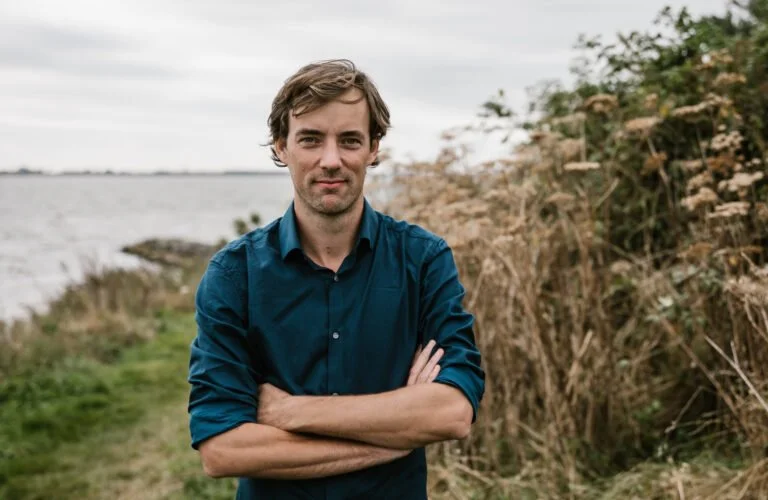DR. JOERI ROGELJ
/Director of Research at Grantham Institute, Imperial College
Author on UN Environment Programme & Intergovernmental Panel on Climate Change
A key part of how I go about doing my research is being involved in policy discussions, policy conversations, and also by following the international climate negotiations very closely. Actually, I started my research career as a part of the Presidency of the International Climate Negotiations in 2009. After that I remained an advisor to country delegations in the international negotiations, particularly small island development states or least developed countries. That really helped me to get a sense of what the real questions are that they are struggling with.






